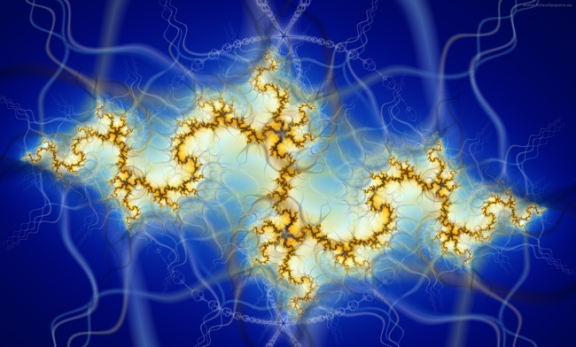
Look at the Three Characteristics in Terms of Actions
“So the Three Characteristics in and of themselves are not the content of Buddhist wisdom, Buddhist discernment. They have to be placed in context, the context of the question of skillfulness: “What are you doing? What are your intentions? …”
Continue reading

 2016/04/11
2016/04/11 




























